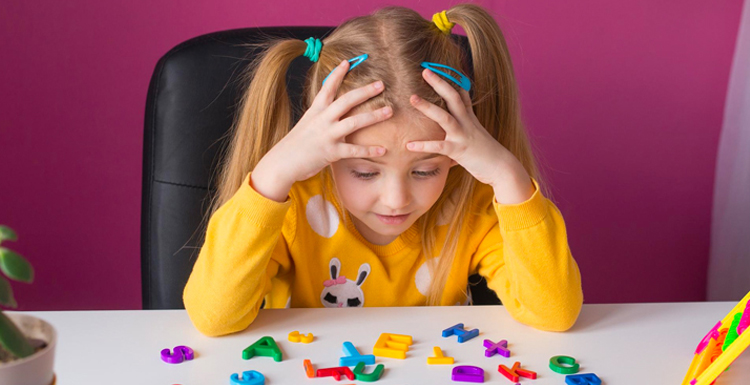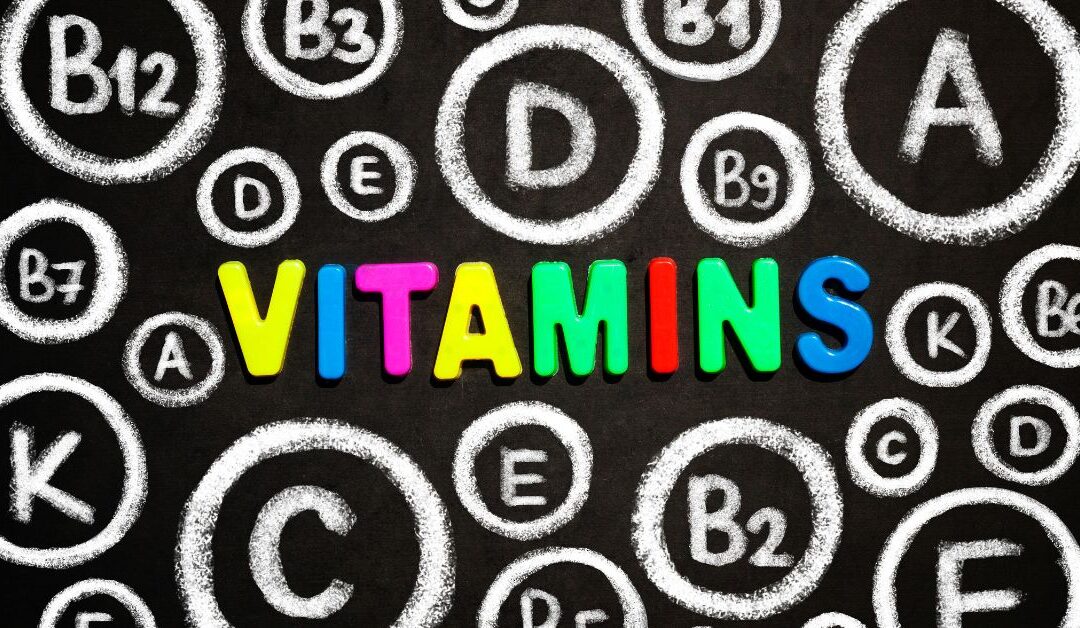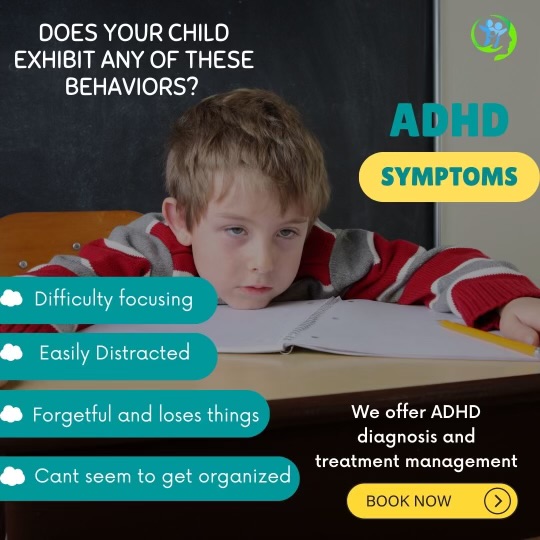ADHD/ADD Testing & Treatment
Understanding ADHD/ADD in Children: Symptoms, Causes, and Treatments
It’s essential to know that almost all children may have moments when their behavior seems out of control. They might be super energetic, noisy, and find it hard to wait or pay attention. At other times, they might appear lost in their thoughts, struggling to finish tasks.
However, for some children, these behaviors become more than occasional issues. Kids with attention deficit hyperactivity disorder (ADHD) experience frequent and severe behavior problems that can interfere with their daily lives.
According to national data, about 9.4% of U.S. children, including 2.4% of children aged 2-5 and 4%-12% of school-aged children, are affected by ADHD. Boys are more commonly diagnosed than girls, but both genders might show symptoms of an additional mental disorder or have learning and language difficulties.
ADHD is a chronic brain condition that makes it challenging for children to control their behavior. It affects various aspects of their lives, such as relationships with siblings and peers, learning, and impulsivity, which may sometimes put them in risky situations.
The good news is that effective treatments are available. If your child has ADHD, your pediatrician can provide a long-term treatment plan to help them lead a happy and healthy life. As parents, you play a crucial role in this treatment journey.
Not all children with ADHD have all the symptoms. Children with ADHD may have one or more of the symptom groups listed in the table above.
The symptoms are usually classified by the following types of ADHD:
Inattentive only
(formerly known as attention-deficit disorder ‘ADD’)
Children with this form of ADHD are not overly active. Because they do not disrupt the classroom or other activities, their symptoms may not be noticed.
Hyperactive / Impulsive
Children with this type of ADHD show both hyperactive and impulsive behavior, but they can pay attention. They are the least common group and are frequently younger.
Combined Inattentive / Hyperactive / Impulsive
Children with this type of ADHD show a number of symptoms in all 3 dimensions. It is the type that most people think of when they think of ADHD.
If your child has shown symptoms of ADHD on a regular basis for more than 6 months, discuss this with your pediatrician.
Realize, it is normal for all children to show some ADHD symptoms from time to time. Your child may be reacting to stress at school or home, bored, or just going through a difficult stage of life. It does not mean he or she has ADHD.
Sometimes a teacher is the first to notice inattention, hyperactivity, and/or impulsivity and bring these symptoms to a parent’s attention. Other times, questions from the pediatrician raised the issue.
At routine visits, pediatricians often ask questions such as:
- “How is your child doing in school?”
- “Are there any problems with learning that you or your child’s teachers have seen?”
- “Is your child happy in school?”
- “Is your child having problems completing class work or homework?”
- “Are you concerned with any behavior problems in school, at home, or when your child is playing with friends?”
Your answers to these questions may lead to further evaluation for ADHD. Remember, leaving ADHD untreated might lead to serious, lifelong challenges, such as academic struggles, legal issues, difficulties in relationships, and job instability.
We are here to support you and your child through this journey, so feel free to reach out if you have any concerns or questions. Together, we can help your child thrive and overcome any obstacles.






 Your content goes here. Edit or remove this text inline or in the module Content settings. You can also style every aspect of this content in the module Design settings and even apply custom CSS to this text in the module Advanced settings.
Your content goes here. Edit or remove this text inline or in the module Content settings. You can also style every aspect of this content in the module Design settings and even apply custom CSS to this text in the module Advanced settings.